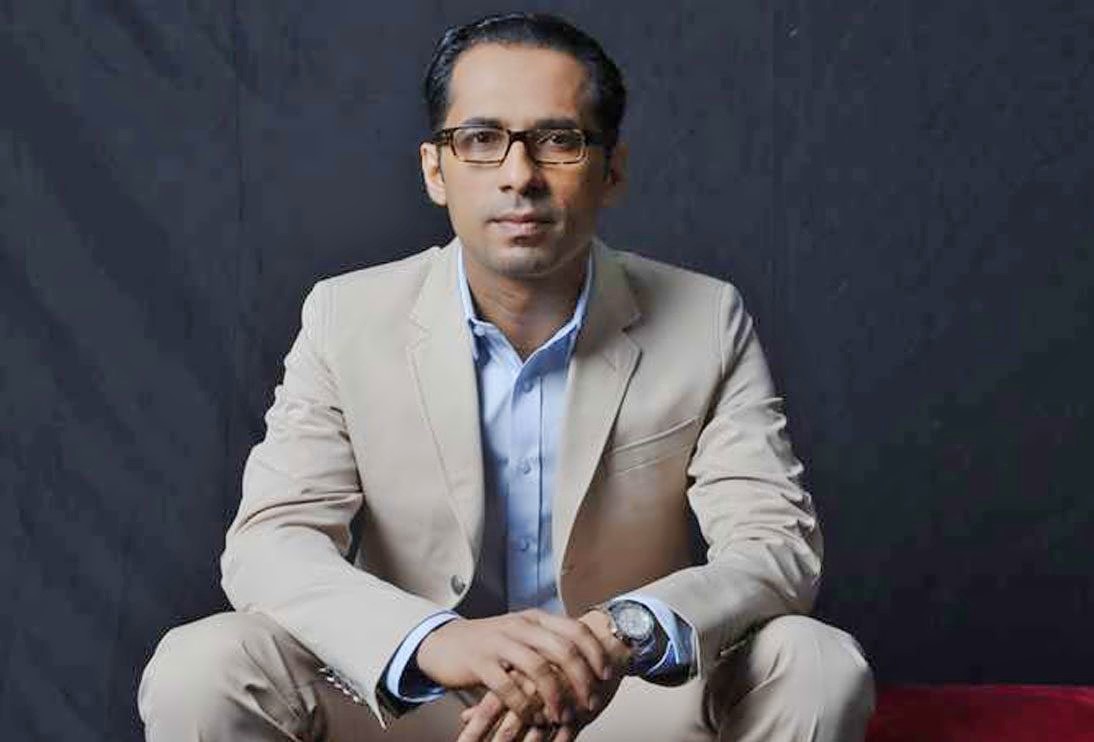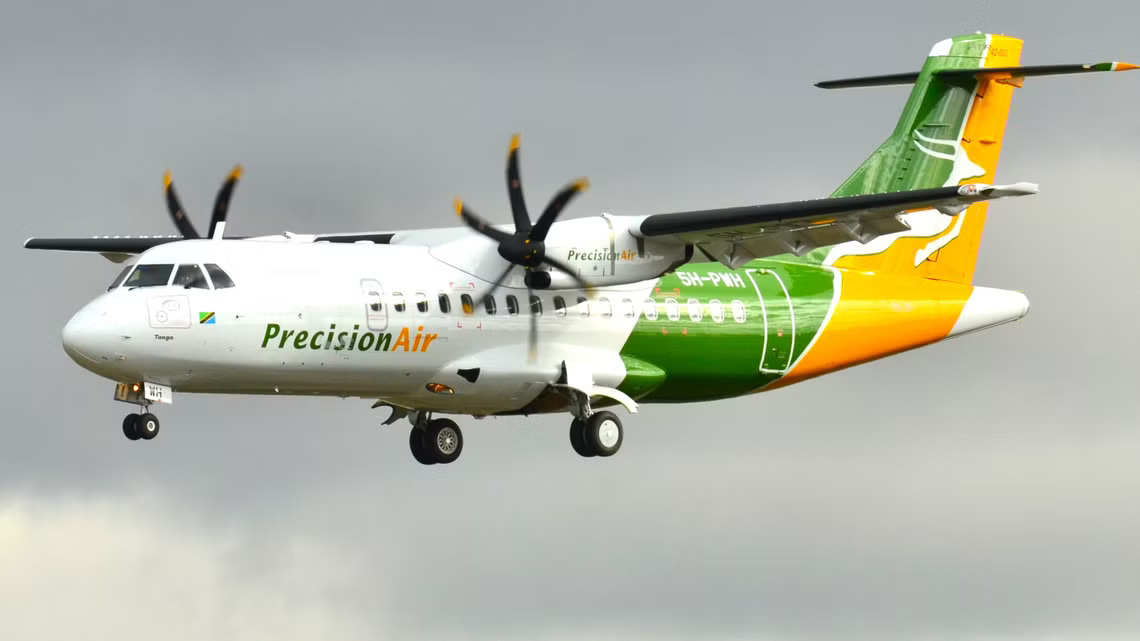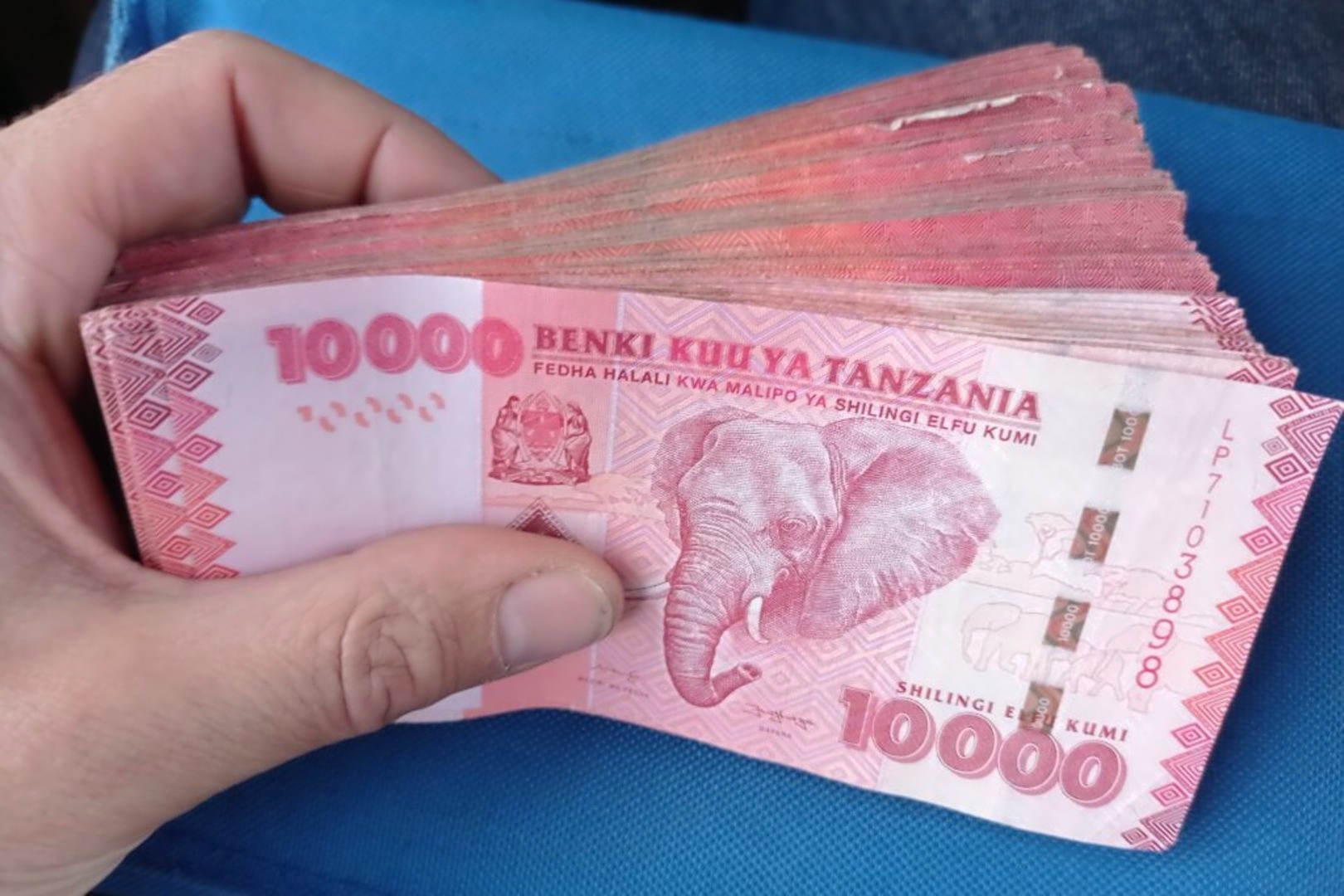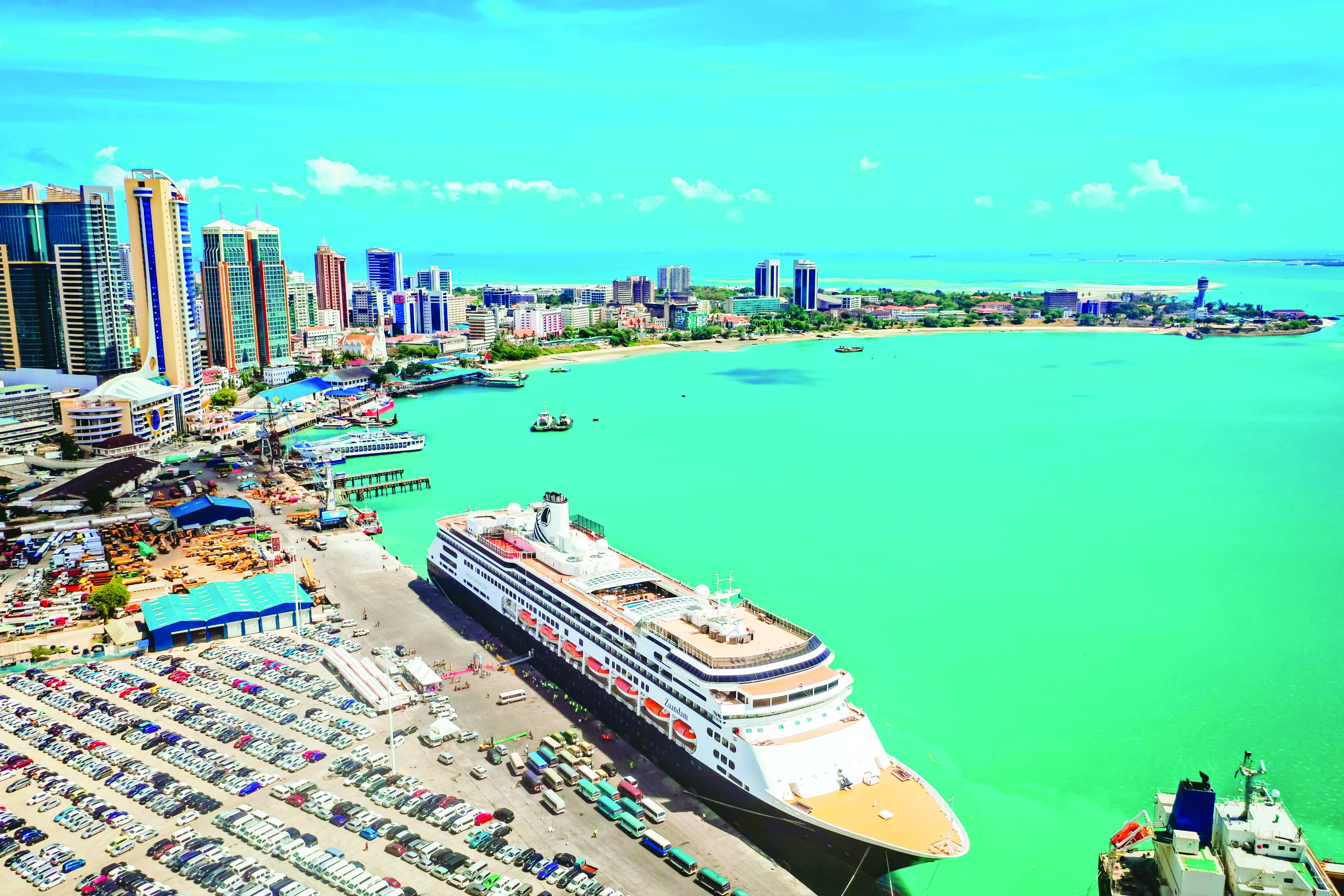What needs to be done as inflation hits five-year high

With Covid-19 and the war in Ukraine being blamed after inflation rose to 4.5 percent in July – the highest rate since November 2017. PHOTO | COURTESY
What you need to know:
- According to the National Bureau of Statistics (NBS), the annual headline inflation rate for July, 2022 increased to 4.5 percent from 4.4 percent recorded in June, 2022
Dar es Salaam. From food items to fuel and transport costs, prices are hitting Tanzanian consumers after inflation reached a five-year high last month.
According to the National Bureau of Statistics (NBS), the annual headline inflation rate for July, 2022 increased to 4.5 percent from 4.4 percent recorded in June, 2022.
The July rate is the highest since November 2017 as Covid-19 pandemic and the recent Russia-Ukraine conflict have disrupted the global supply chains.
The increase of headline inflation explains that, the speed of price change for commodities for the year ended July, 2022 has increased compared to the speed recorded for the year ended June, 2022.
For instance, in some areas, a 20-kilogramme sack of maize which used to retail between Sh8,000 and Sh9,000 a year ago now goes for Sh14,000 to Sh15,000. Similarly, in Mbeya, a 20kg sack of rice now goes for Sh38,000 or Sh42,000 from an average of Sh25,000 to Sh35,000 a year ago.
The inflation speed has prompted the Monetary Policy Committee (MPC) which last week signaled a monetary policy that is set to reduce liquidity.
“At the backdrop of rising inflationary pressures, the MPC approved the Bank of Tanzania to reduce the speed of expanding liquidity in the remainder of 2022, in order to tame inflationary pressures from the demand side, while safeguarding the growth of the economy,” the committee said in a statement.
“The MPC also reiterated the need for the Bank of Tanzania to maintain adequate foreign exchange reserves, in order to cushion the economy from the negative impact of high commodity prices in the world market,” it added.
Tanzania targets the inflation to remain between three and five percent but the committee said high food, energy and fertilizer prices in the world market pose an upward risk to the future inflation.
What should be done?
Economists have an alternative view of what should be done in the current situation where, they say, the speed of price increase is pushed by factors which are non-monetary in nature.
“If you look at the domestic markets, liquidity is not that loose to become a problem. People in the streets have no enough money and yet commodity prices are going up,” said Dr Abel Kinyondo of the University of Dar es Salaam economics department.
He described the current inflation as “cost push inflation,” calling for fiscal measures to help addressing the situation.
“Monetary policy is a traditional way of controlling inflation but you need to identify its source to take relevant measures. For instance, the current inflation is pushed by cost of commodities and equipment, so monetary alone cannot arrest the situation.”
“You need fiscal measures like reviewing taxes, charges, fees and levies on key items to address the factors which push pressure on the cost increase,” added Dr Kinyondo.
Some of the food items which prices have recently increased include wheat flour. This is due to the fact that Tanzanian manufacturers mostly import the wheat grain from countries such as Russia and Ukraine which exports were disrupted by the war between the two countries.
Executive director of the policy and poverty research think tank Repoa, Dr Donald Mmari described the current inflation as structural in nature, meaning that it’s caused by supply disruptions caused by Covid-19 and the recent Russia-Ukraine war.
“These disruptions have pushed up the demand and so the prices,” said Dr Mmari who is professionally an economist.
He said the shortage of rains in Tanzania during the last season is also increasing food scarcity, hence pushing up the prices.
“Monetary policy is a short-term measure but in the medium term we need to ensure supply of commodities like wheat grain and edible oil are sufficiently produced locally,” he said.
Petrol prices have also been increasing since the start of the Russia-Ukraine war early this year. For instance, petrol price increased from Sh2,480 per litre in February 2022 to Sh3,410 this August, according to the Energy and Water Utilities Regulatory Authority (Ewura).




